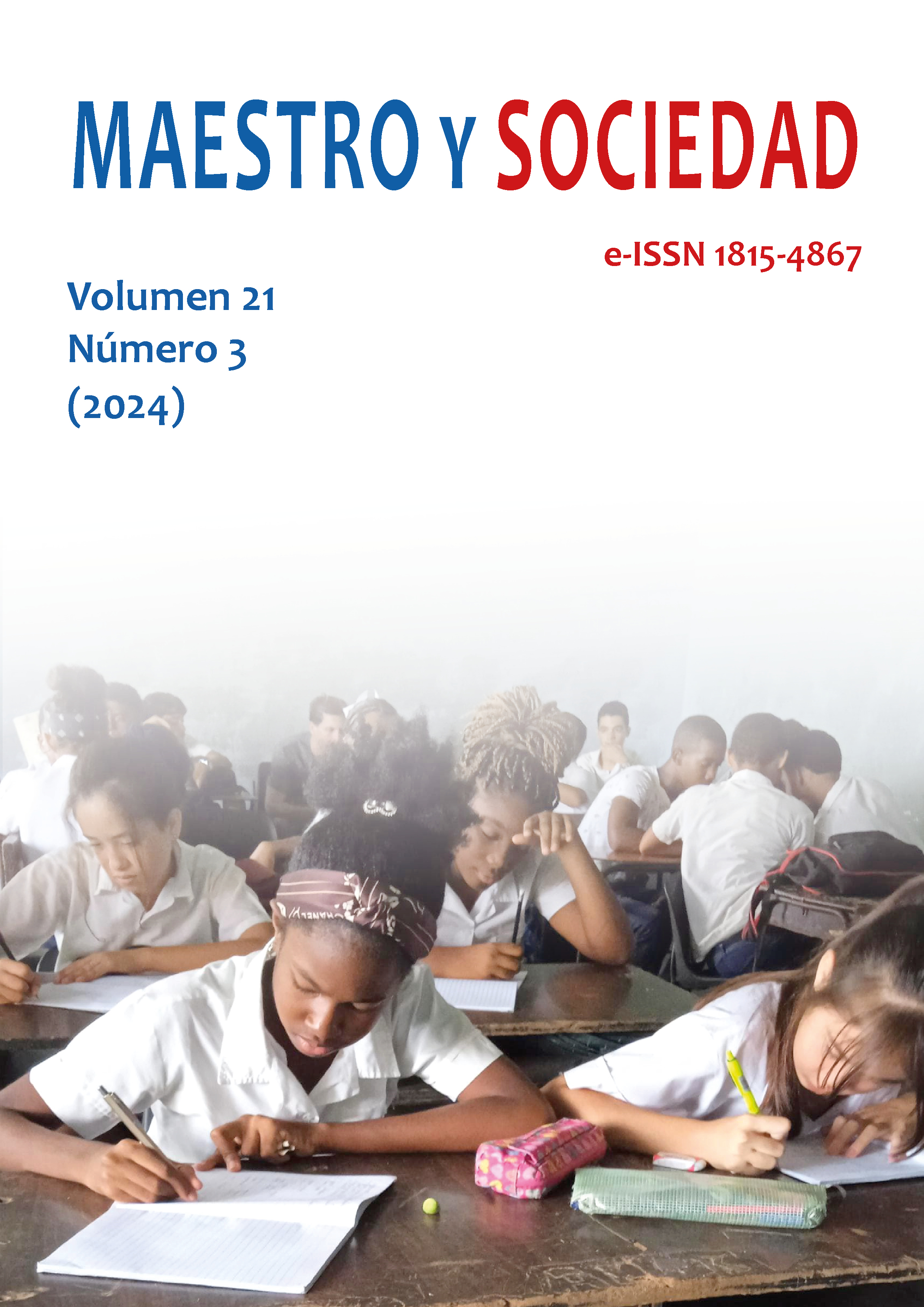Desafíos y Oportunidades para la Implementación del Modelo Comunitario en los Servicios de Salud Mental en Manabí, Ecuador
Keywords:
community mental health, institutional barriers, professional training, community participationAbstract
Introduction: Mental health is a crucial part of general well-being, and in the province of Manabí, Ecuador, the implementation of the community model in mental health services has been limited. The objective was to evaluate the lack of implementation of the community model in mental health services in Manabí and propose strategies to improve their effectiveness and accessibility. Materials and methods: Semi-structured interviews were conducted with 20 mental health professionals, 10 community leaders and 30 mental health service users. Additionally, focus groups were held with community leaders and perception questionnaires were applied. Results: The collected data were analyzed thematically using NVivo software to identify patterns and recurring themes. The interviews revealed that lack of training in community approaches, scarcity of resources, and institutional resistance to change are the main barriers to the implementation of the community model. Community leaders and users noted a significant disconnect between mental health services and community needs, resulting in low satisfaction and effectiveness of services. Discussion: Comparatively, Manabí shows higher prevalences of mental disorders and lower access to services compared to regions that have adopted the community model. Conclusions: The effective adoption of these strategies can transform the provision of mental health services in the region, significantly improving the quality of life of its inhabitants and promoting health equity.
References
Bass, J. K., Annan, J., McIvor Murray, S., Kaysen, D., Griffiths, S., Cetinoglu, T., & Bolton, P. A. (2013). Controlled trial of psychotherapy for Congolese survivors of sexual violence. New England Journal of Medicine, 368(23), 2182-2191.
Marmot, M., Allen, J., Bell, R., Bloomer, E., & Goldblatt, P. (2012). WHO European review of social determinants of health and the health divide. The Lancet, 380(9846), 1011-1029.
Ministerio de Salud Pública del Ecuador. (2018). Informe anual de salud mental. Quito: MSP.
Ministerio de Salud Pública del Ecuador. (2020). Plan Nacional de Salud Mental 2020-2025. Quito: MSP.
Organización Panamericana de la Salud. (2018). Salud mental en las Américas. Washington, D.C.: OPS.
Organización de las Naciones Unidas. (2015). Transformar nuestro mundo: la Agenda 2030 para el Desarrollo Sostenible. Nueva York: ONU.
Ramirez, J. (2017). La salud mental en Ecuador: Avances y desafíos. Revista Ecuatoriana de Salud Pública, 24(2), 45-58.
Saraceno, B. (2014). Mental health in Latin America: Inclusion and equity. World Psychiatry, 13(2), 139-140.
World Health Organization. (2010). Mental health and development: Targeting people with mental health conditions as a vulnerable group. Geneva: WHO.
World Health Organization. (2013). Mental health action plan 2013-2020. Geneva: WHO.
Published
How to Cite
Issue
Section
License
Copyright (c) 2024 Vicente Ignacio Reyna Moreira , Orley Jersson Suárez García, Maria Katerine Rosales Reyna

This work is licensed under a Creative Commons Attribution-NonCommercial-NoDerivatives 4.0 International License.
This journal provides immediate open access to its content, based on the principle that offering the public free access to research helps a greater global exchange of knowledge. Each author is responsible for the content of each of their articles.



























 Universidad de Oriente
Universidad de Oriente 